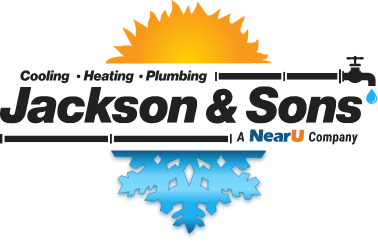
While summer’s the season for recreation and relaxation, dealing with AC problems probably isn’t your idea of fun in the sun. As with any complex mechanical device, however, AC problems may occur due to common wear and tear, neglected maintenance, or the lack of professional service by a qualified, professional technician.
Resolving AC problems — or, better yet, preventing them — ensures a more comfortable and affordable summer. Here, we’ll discuss four common issues affecting residential air conditioners:
Refrigerant Loss
AC refrigerant loss may result from leaks in coils or refrigerant lines or in components such as the compressor. Low refrigerant makes it hard to keep the house comfortable and causes increasingly longer cooling cycles, consuming excess electricity. Eventually, refrigerant leakage may cause the system to shut down.
Weak Airflow
If system airflow is insufficient, cool comfort won’t be evenly dispersed. It can be something as simple as a dirty system air filter (ask your HVAC contractor for advice about the optimal time to replace a filter) or a closed or obstructed supply or return vent in one or more rooms. Another issue may be aging, leaky ductwork that needs repair or replacement.
Defective Capacitor
Located in the outdoor unit of the central AC, the run capacitor provides power required to start the system compressor when the thermostat signals for cooling. After years of use, a capacitor usually weakens and becomes unreliable. The system may blow warm air instead of cool air, or it may fail to start, only producing a loud humming sound. Capacitor replacement can be handled by a certified HVAC technician.
Overflowing Drip Pan
Condensation produced by the indoor evaporator coil typically exceeds 10 gallons per day. It drips into the pan below the coil, then flows through a pipe into the household drainage system. Clogs in the pan or drain line — frequently due to algae or mold growth — trigger overflows that cause indoor water damage. Scheduled professional maintenance tune ups include inspecting the drip pan and, if required, cleaning the pan and adding tablets to inhibit fungal growth.
For more information about AC problems — as well as qualified service to prevent them — contact the professionals at Jackson & Sons.

